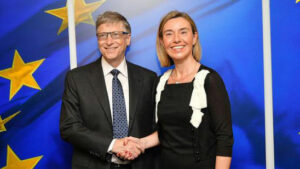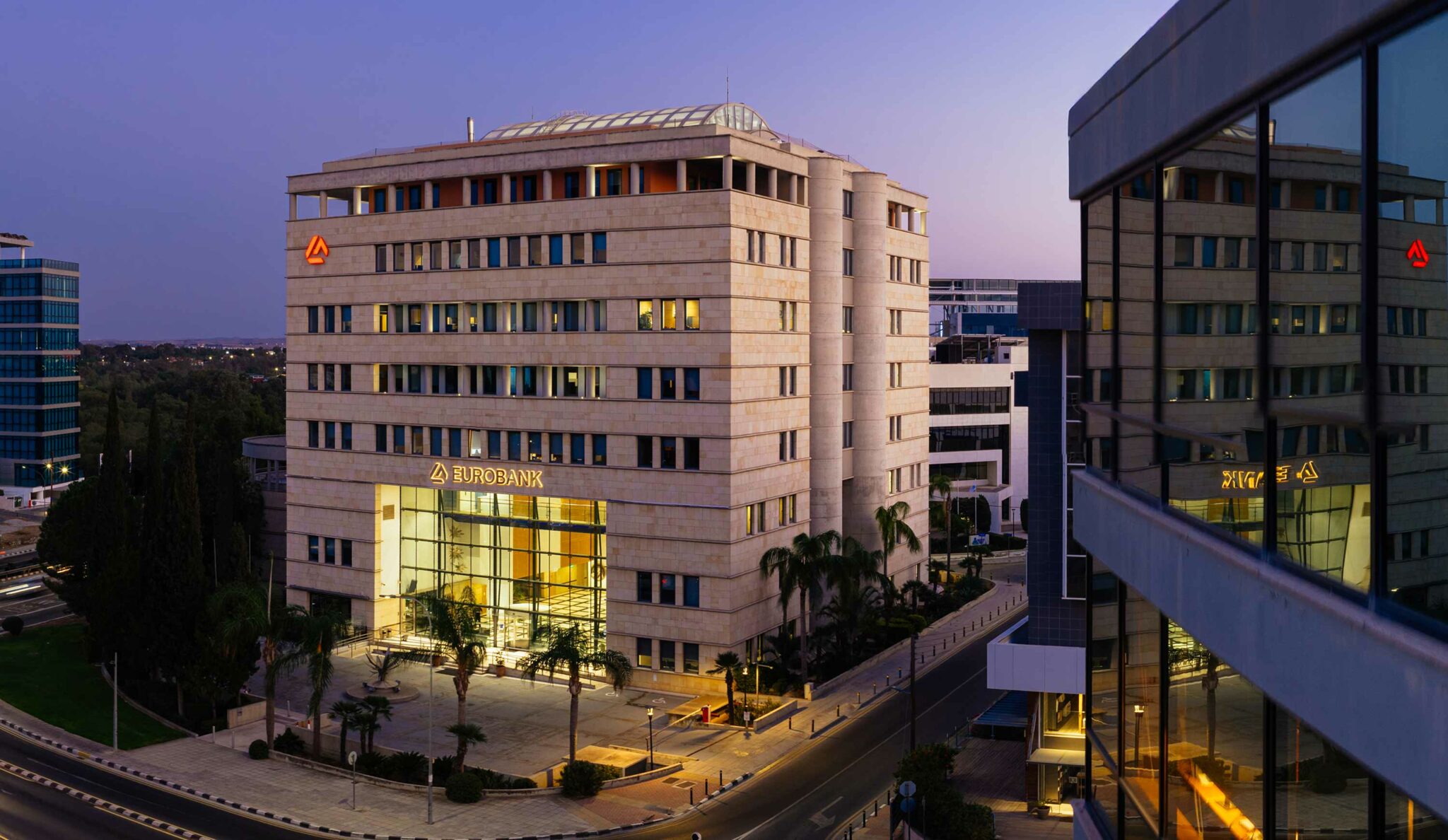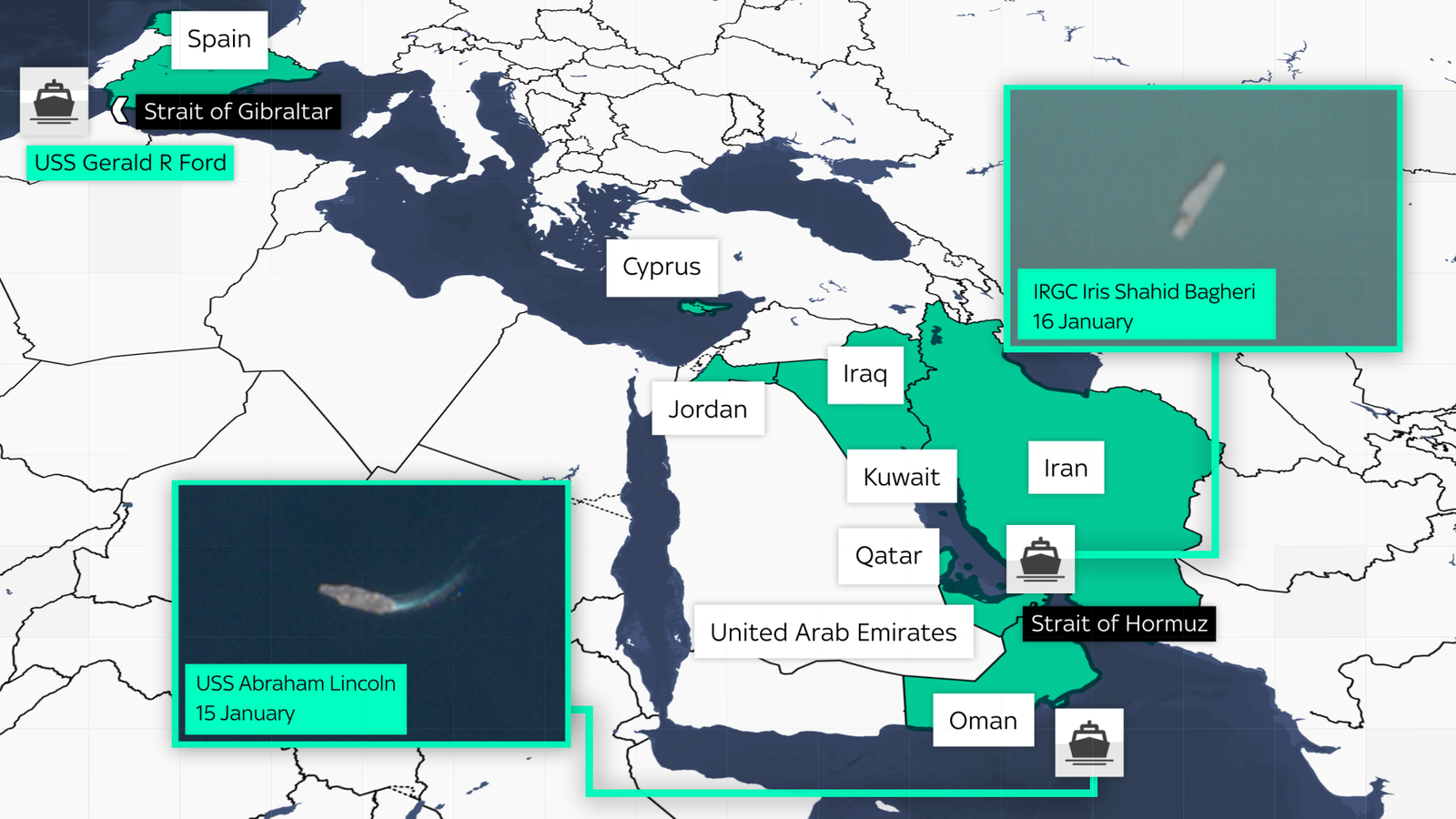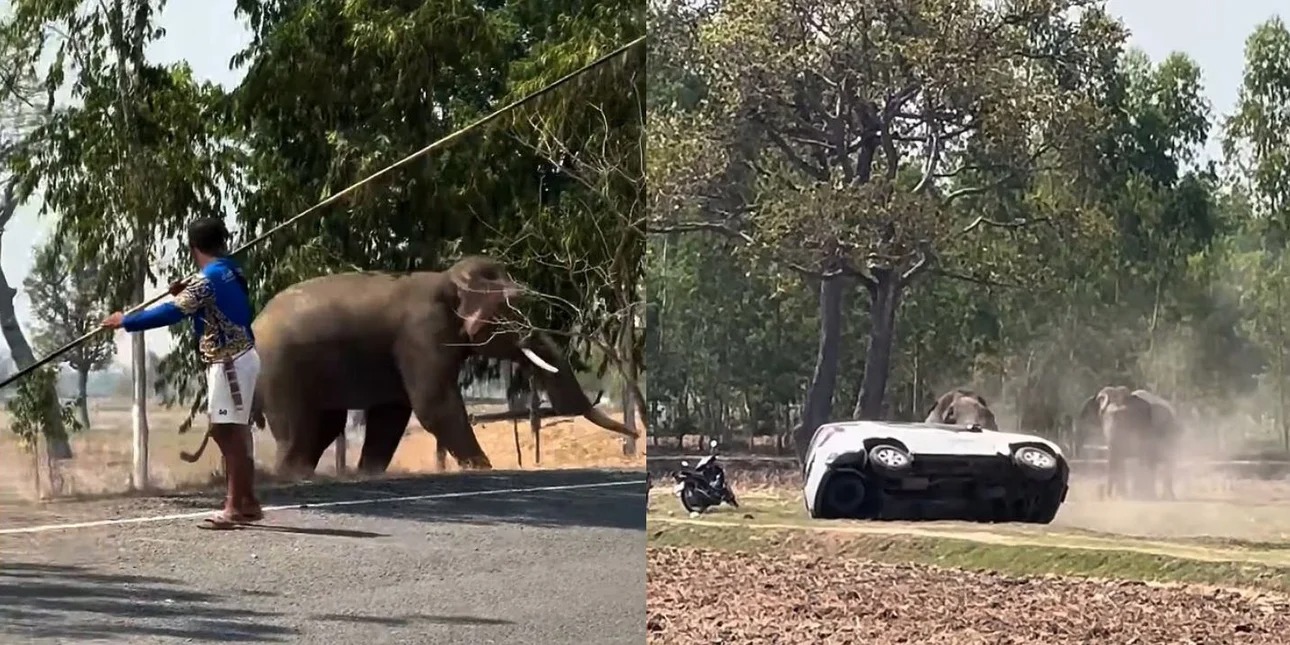Microsoft founder and leading philanthropist, Bill Gates will attend a joint meeting of the European Parliament’s Committee on Development and European Think Tank Group (ETTG) for a debate on the future of development and innovation in Europe.
Also participating will be EU Foreign Policy Chief, Federica Mogherini and high level experts.
Two panels will debate development cooperation priorities and Europe’s role in the face of global challenges beyond 2019, when European Parliament elections and a new Commission will confirm or reshape future EU policies.
Gates, Mogherini, MEPs, experts from leading European development think-tanks and the audience will discuss challenges to multilateral cooperation and the EU’s role in achieving sustainable development in its social, economic and environmental aspects.
Panelists will be asked how the next set of EU instruments, within the new Multiannual Financial Framework, will need to innovate in order to support the EU as a leading and successful actor in sustainable development and global cooperation ˗ tackling poverty, inequality, fragility, conflict, climate change and challenges resulting from migration.
The meeting will be webstreamed live.
This week will also see MEPs vote on EU rules to protect workers, reduced targets for CO2 emissions from trucks and plans for more efficient data sharing between EU information systems.
On Thursday, the employment committee will vote on new EU rules to protect workers that do not benefit from stable or permanent employment.
The proposals provide for more transparency on working conditions and lay down a new, specific set of rights improving the predictability and security of working conditions.
On the same day, the Environment Committee will vote on new, binding reduction targets for CO2 emissions produced by lorries. CO2 emissions from trucks represent 6% of total EU greenhouse gas emissions and are not included in any reduction measures.
On Monday the Civil Liberties Committee votes on proposals to make exchanging information and sharing data between different EU information systems more effective. This would help to better protect the EU’s external borders, enhance internal security and improve the management of migration.
















